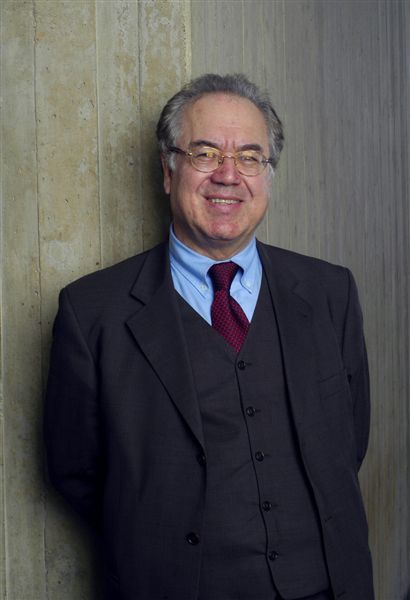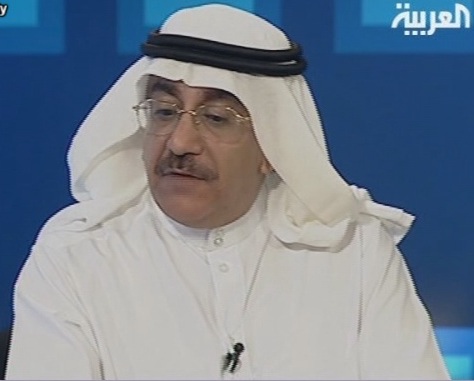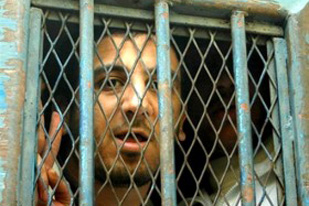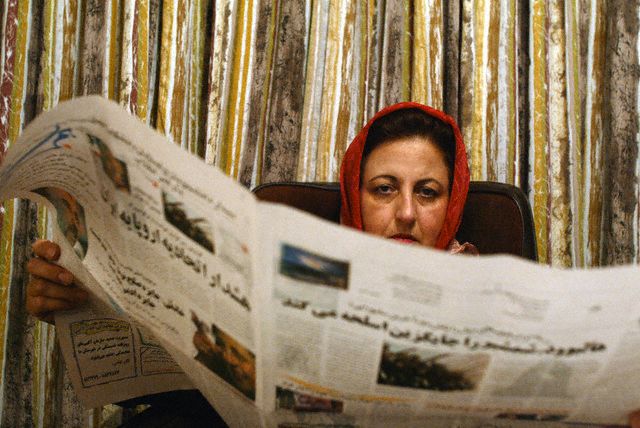Viel Europa-Gequatsche dieser Tage, da 50 Jahre Römische Verträge gefeiert werden. Eine Ausnahme macht Bassam Tibi mit seinem grossen Essay im Perlentaucher, der die Hirsi Ali-Debatte abschliesst. Tibi plädiert für eine Europäisierung des Islam.

Zitat: „Bei der Diskussion über eine euro-islamische Wertegemeinschaft und den politischen Willen zur Europäisierung des Islam möchte ich mit einem Rückgriff auf den letzten großen islamischen Philosophen, der vor 600 Jahren verstorben ist, zurückgreifen. Dieser islamische Denker Ibn Khaldun prägte den Begriff Asabiyya (das ist der Esprit de Corps), um daran die Stärke und Schwäche jeder Zivilisation zu messen. Nach Ibn Khaldun ist Asabiyya das Werte-Bewusstsein einer Zivilisation.
Wie stark ist die europäische Assabiya? Nur wenn eine Europäisierung als demokratischer Weg zur Bewältigung der islamischen Herausforderung gelingt, kann man von einer starken europäischen Asabiyya im Sinne Ibn Khalduns sprechen.
Es geht um die Einbindung Europas in eine pluralistische Welt als zivilisatorische Entität, die eine eigene Asabiyya hat, das heißt, die weiß, was sie zivilisatorisch ausmacht und die dadurch für andere offen bleibt, dass sie sie inklusiv mittels Europäisierung in ihr Gemeinwesen aufnehmen kann.
Europa ist in der Tat mehr als eine Wirtschafts- und Handelsgemeinschaft, Europa als beautiful idea ist es wert, bewahrt zu werden. Dies ist auch mit islamischer Beteiligung möglich, wenn die Vision vom Euro-Islam zum Politikkonzept wird. Die Arbeit an der Bewahrung Europas mit islamischer Beteiligung ist eine Friedenspolitik für das 21. Jahrhundert.“




